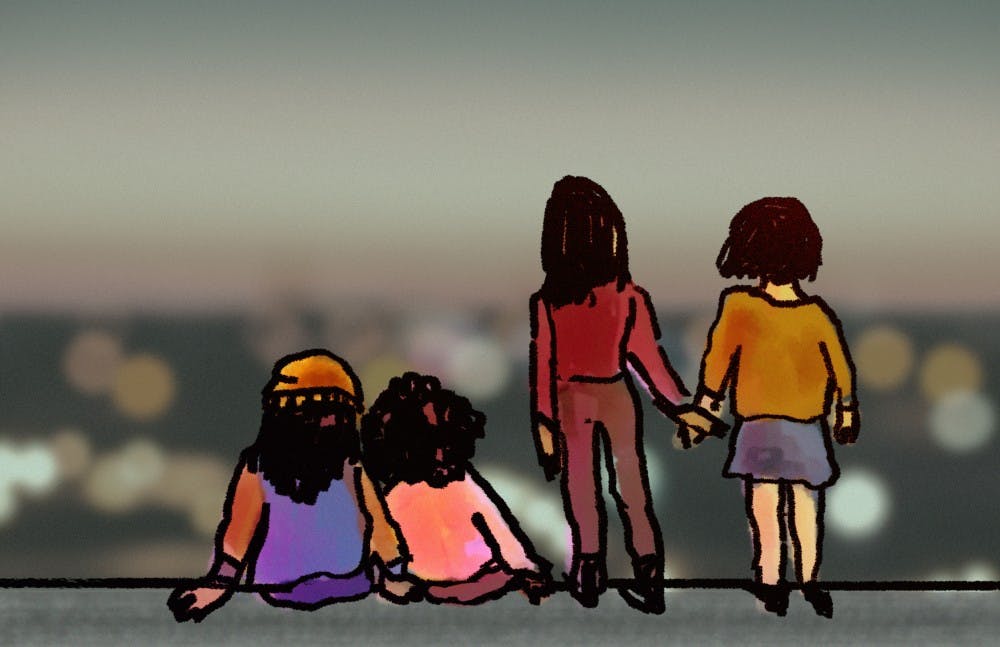One of my favorite things to do at The Daily Tar Heel office is look through the archives.
Whenever I’m running low on story ideas and patience, bylines from Emily Steel, Michelle Jarboe and Robyn Tomlin have renewed my energy in ways Joe Van Gogh’s coffee can’t. These women, and many more, have shaped my view of journalism and cemented my love for reporting.
In my four years at UNC, the DTH has been graced with three strong women at its helm: Jenny Surane, Paige Ladisic and Jane Wester. They’ve been supported by female and non-binary editors that made me hopeful for my future as a woman in the (white) male-dominated journalism industry.
It wasn’t until this year that I realized one part of my identity never felt fully supported at the DTH. As one of two Hispanic editors this year (hey, Kiana), I haven’t had anyone truly understand my disdain for the word “Latinx” (categorizing people from 33 countries into one group belittles distinct cultures). I’ve never talked about how I cried after a source told me I didn’t look “as white as (he) thought (I) sounded” when we met in person (the same man repeatedly called me “darling”). I hardly complained when a classmate asked me to explain the history of Puerto Rico (I may be from there, but I’m not Wikipedia).
This was my first year at the DTH that I connected with other people of color at the paper. Those relationships have kept me sane and grounded, especially as the news we covered became more difficult, and the environment we reported in became more hostile. I’m forever grateful to people like Emily Yue, this year’s opinion editor, and their assistant editor Zaynab Nasif for not giving up on conversations about diversity and holding the DTH accountable for its mistakes (our Facebook group message was a delightful bonus).
Although there are few, I see young, Hispanic DTH reporters, and I get excited. From Marco, who recently changed his major from business to journalism, to Veronica, who turns in clean copy week after week — Hispanic reporters are here, and their voices matter. I can only hope that during their time here, they find friends that support them as much as mine have.
When the DTH turns 150 years old, and I’m back in Chapel Hill to celebrate, I want to read more archives with bylines such as Lopez, Gutierrez or Rodriguez. I want to read more stories about Mexican students, about Puerto Rican students, about Venezuelan students. I want the DTH to be as diverse as the community we report on (and hopefully our community becomes more diverse).
One of my greatest regrets during my time here was not being more active in my pursuit of diversity at the DTH. As my final farewell to UNC and the DTH, I want to encourage Hispanic students — and all students of color — to apply to the DTH and have not only your voice, but the voices of our communities heard.




